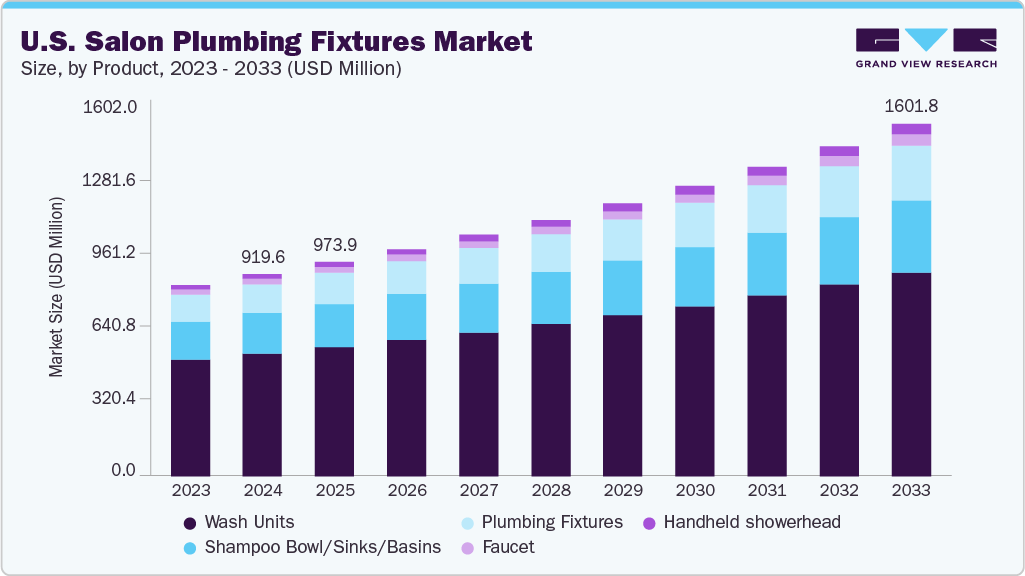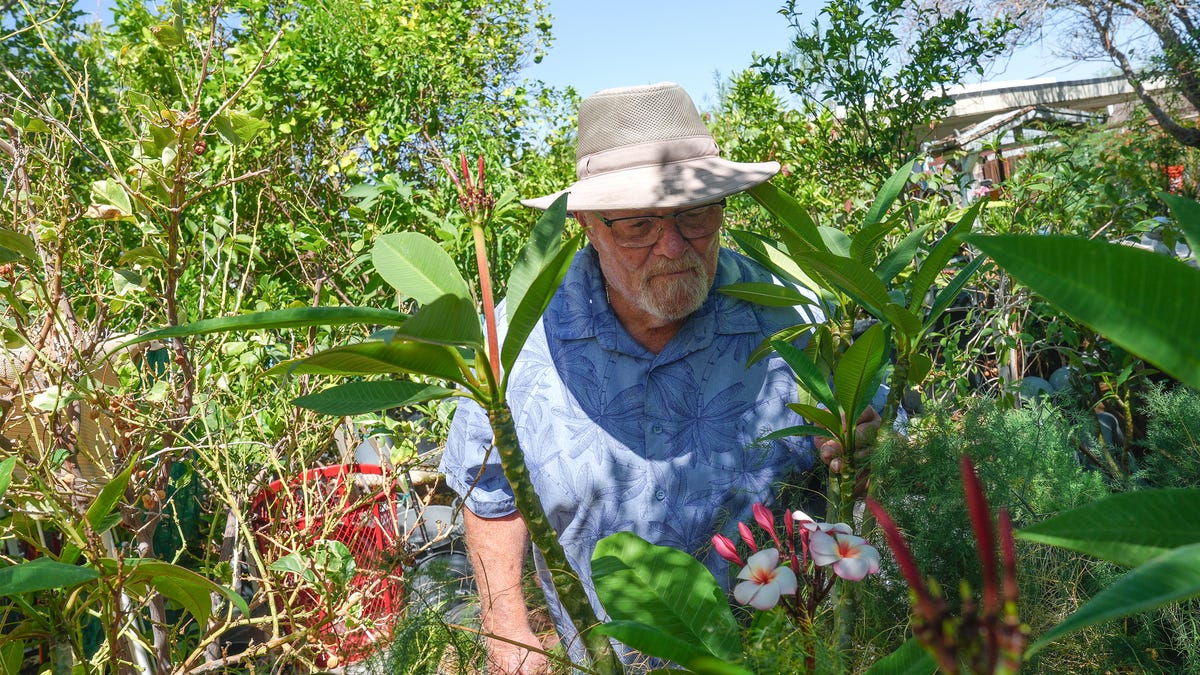Clogged drains, leaky pipes and other plumbing hassles may be seen as inconveniences that come with the territory of owning a home. However, plumbing problems that go unrepaired for a long period may be hazardous to your health. JD Conrad, vice president of product operations with Service Experts, a national home services provider, recently discussed some plumbing problems that, if not addressed promptly, could pose certain health risks.
Leaks behind walls or inside cabinets

Small leaks are a common problem for homeowners. You may initially notice an area of drywall with a water stain on it or feel moisture on the base of a cabinet. Both are usually the result of slow leaks and water accumulation in the area over time. Many people will delay calling a plumber, overlooking the fact that these leaks trap moisture and become a breeding ground for mold.
“We often ask customers how long that stain on a wall has been there, and they may say a few weeks or months. Mold grows faster than many of us think,” Conrad said. “Under the right conditions, it begins germinating within 24 hours. The spores colonize within about a week and then the growth accelerates. All the while, people are coughing, sneezing and not feeling well and they don’t know why.”
Moisture that is locked in walls or under cabinets may also lead to unwanted pests, such as rodents or cockroaches, which carry diseases, Conrad added.
Clogged drains and sewer problems

Clogged drains and leaky sewer lines that go unrepaired promote the growth of viruses and bacteria. These conditions can lead to infections, such as E. coli, hepatitis and salmonella. Clogged drains inside the home are usually noticeable and homeowners are inclined to address them quickly because they may produce a foul odor, Conrad explained. However, sewer lines outside the home can be easily ignored because they’re “out of sight, out of mind,” but this could be a potentially dangerous way of thinking.
“In situations where you may have septic system leaks or a drain that leaks under the slab the problem may slowly surface. You might start to smell odor outside. You may find your drains are a little slow, even areas outside the home have some pooling of water in the yard,” Conrad said. “These are clues that it’s time to call a professional.”
Main water line leaks that leave stagnant pools of water

Your main water line leading from the meter to your home is a source of safe water for everyday use in your home. Over time, these lines can become damaged. Tree roots are a common culprit. One of the most noticeable signs of a main water line problem is standing water in the yard. Standing pools of water, even from a clean water supply line, support the growth of fungi, viruses and bacteria. A dangerous health concern associated with stagnant water is Legionnaires’ disease, caused by Legionella bacteria. It is a severe pneumonia that causes lung inflammation.
Old lead pipes
Decades ago, lead pipes were used in homebuilding. While this practice was banned in 1986, there are an estimated six to 10 million lead service lines (LSLs) still in use today. The slow accumulation of lead in a person’s bloodstream could lead to lead poisoning, which may be fatal or hinder physical and mental development in children.
It’s not uncommon for these pipes to eventually wear out, and homeowners will often see a leak in a wall. In some cases, a pipe may completely rupture, which will result in a plumbing emergency. Either way, a home with LSLs requires re-piping.
“If you know your home has lead pipes, you want to start planning how and when you are going to have them replaced,” Conrad said.
The importance of working with a reputable plumber
Unlike HVAC systems, which homeowners are encouraged to have inspected twice a year, plumbing system maintenance is often a lower priority. However, a periodic inspection could help detect leaks and clogs early to help you avoid larger plumbing bills in the future. If you suspect your plumbing system needs attention, it’s important to schedule an appointment with a reputable plumber as soon as possible.
“It’s a good idea to have your system inspected every two years,” Conrad said. “You can also be proactive by fixing faucet and showerhead drips quickly, insulating exposed pipes and being careful about what you put down drains. And, don’t forget to keep an eye on your water pressure and water bill. A pressure drop or a water bill spike usually signals a plumbing problem.”
Stay ahead of major repairs and keep your home safe and healthy by learning more about the Service Experts’Plumbing Services division.








